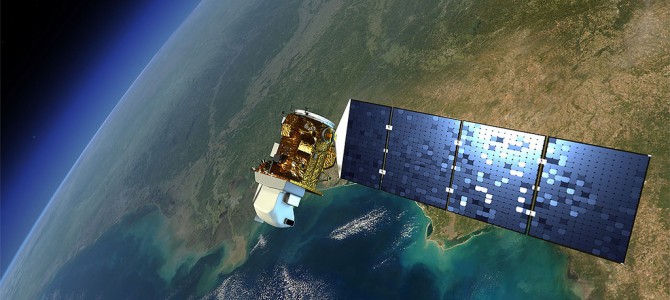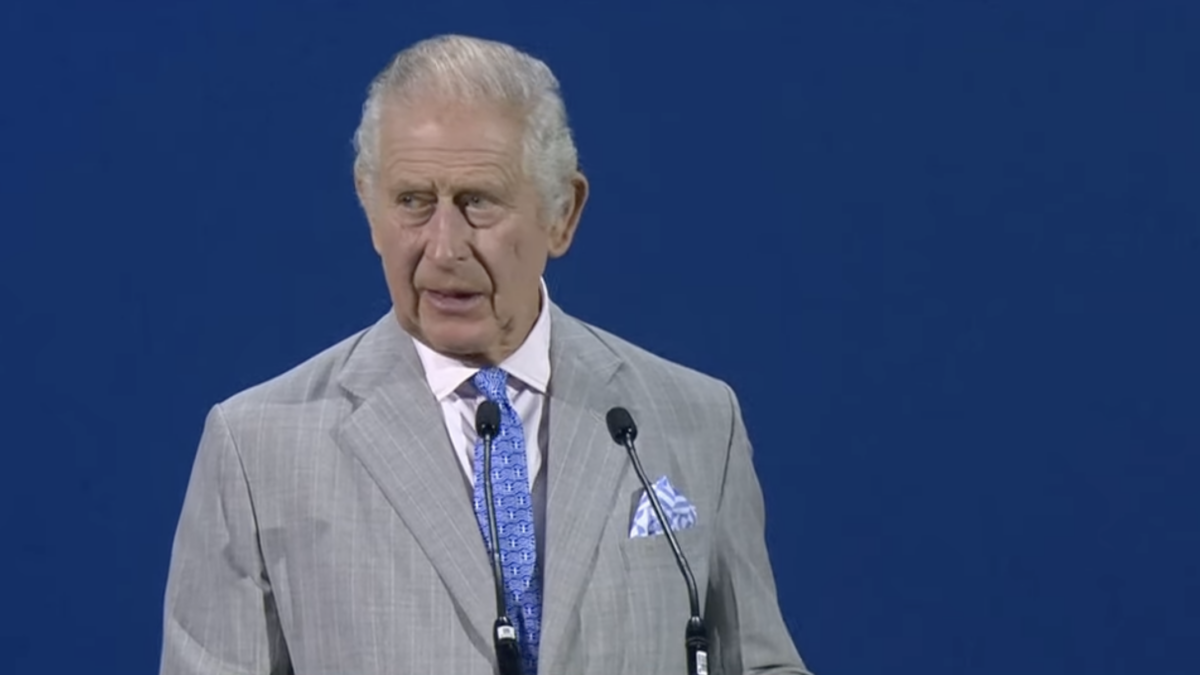A new global warming guide published by Berkeley Earth provides some refreshing common ground in the climate debate. Yes, “A Skeptic’s Guide to Climate Change” makes assertions many skeptics will dispute, but the guide jettisons the incendiary rhetoric and over-the-top claims that all too often poison an open-minded, meaningful discussion and debate of this issue.
Berkeley Earth founder Richard Muller has been publicly in the warmist camp for more than a decade, and this shows in several regards. For example, the guide claims in a matter-of-fact manner that solar output doesn’t change much over the period of a few centuries and “there is no correlation between solar activity and global warming.” Well, that may be the opinion of the guide’s writers, but some of the brightest minds in solar science disagree. Scientists at the Harvard-Smithsonian Center for Astrophysics, the Lamont-Doherty Earth Observatory at Columbia University, and the Danish National Space Center—to name just a few—have strongly argued that increased solar output during recent decades and recent centuries has been the driving force regarding global temperatures during those time periods.
The guide also delves into annoying self-promotion of a prior Berkeley Earth paper that met with a great deal of controversy. Even for those who have positive impressions that paper, the new guide simply tries too hard to promote it.
The most misleading aspect of the new guide is its title: “A Skeptic’s Guide to Climate Change.” While its authors may honestly believe they are exercising skepticism regarding alarmist global warming claims (in some ways they are, and in other ways they are not), the term “skeptic” is commonly understood in the global warming debate to apply to people with whom Muller and his Berkeley Earth associates frequently disagree. The title—deliberately or not—will mislead many readers into believing most “skeptics” discount solar variability and other natural climate factors.
Now, the Good
Regardless, Berkeley Earth’s new guide illustrates some common scientific ground that can and should provide a jumping-off point for honest scientific discussion and debate. The guide acknowledges “climate change is being blamed for everything, from Hurricane Sandy to tornadoes in Missouri. Claims are made that push beyond what science can tell us.” This is indeed true, and it good to see such an admission from warmist scientists.
The guide identifies additional instances where alarmists have made claims that are scientifically unsupported. For example, the guide refutes claims that global warming is causing tornadoes. Also, despite frequent alarmist claims in the media, the guide notes scientific evidence has failed to establish links between global warming and hurricanes, droughts, forest fires, and floods.
The new guide acknowledges “there is wide disagreement about how much warming will occur in the future, and if it may have some positive aspects.” These two issues are much more central to the global warming debate than the attempts by alarmists and their media allies to frame the debate as one of whether the Earth is experiencing any warming. The future pace and net impacts of global warming require significantly more honest research and consideration than alarmists care to admit.
The guide provides a final breath of fresh air when it concedes “most future emissions will come from China and the developing world” regardless of whether the United States and Western democracies take any steps to reduce greenhouse-gas emissions. Unilateral restrictions on U.S. carbon dioxide restrictions may make alarmists feel good, but they will do essentially nothing to impact future temperatures.
“A Skeptic’s Guide to Climate Change” may be misleadingly titled and wrong on some important facts, but the guide is right on many other facts and provides a welcome relief from the venom and name-calling so frequently associated with the global warming debate. This can provide a useful starting point for further global warming research, analysis, and debate.









